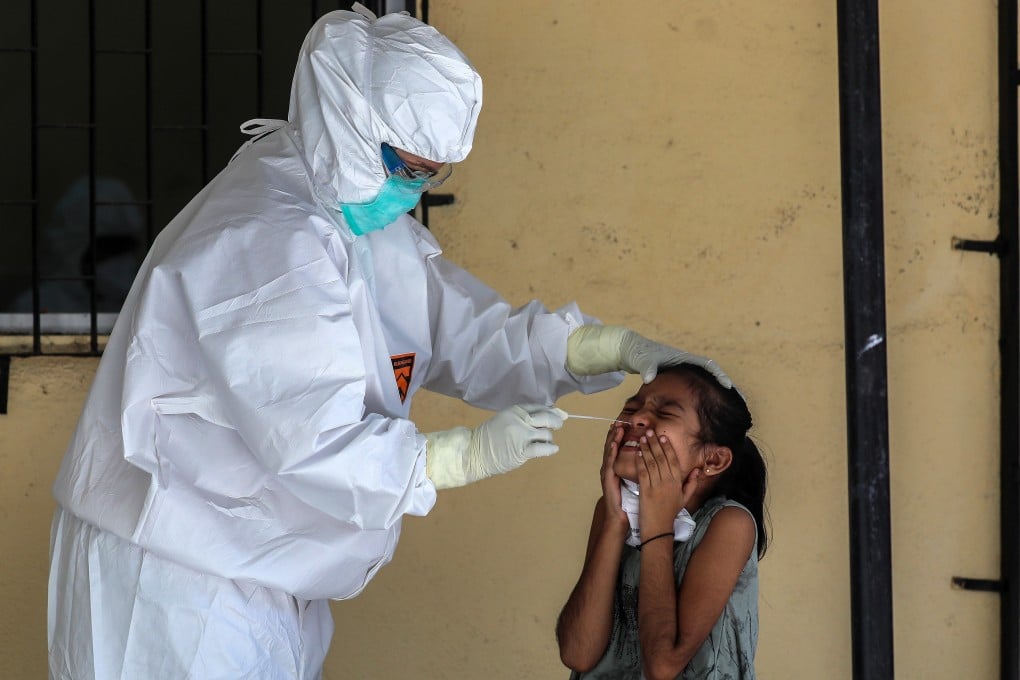Coronavirus: will India’s influx of Chinese rapid test kits help turn the tide of contagion?
- Only a fraction of the country’s 1.3 billion citizens have been tested for Covid-19 and confirmed cases are surging as testing capacity is gradually increased
- Rapid antibody tests could help with screening and contact tracing, though quality and accuracy concerns may limit their usefulness

Confirmed virus cases have been surging over the last week, with an additional 1,553 over 24 hours reported on Monday, raising the national total past 17,000 with at least 543 deaths.
Infectious diseases experts say the true number of infections is likely much higher, however, given that the Indian Council of Medical Research (ICMR) said on Sunday that the country has tested just 383,985 people – or about 0.03 per cent of the population.
The number of tests being carried out each day touched 35,000 for the first time this weekend.
But as central and state governments try to ease some of the lockdown restrictions that have been in place since March 24, widespread testing is more important than ever – especially in the 170 districts that are still considered infection “hotspots”, which includes all major cities.